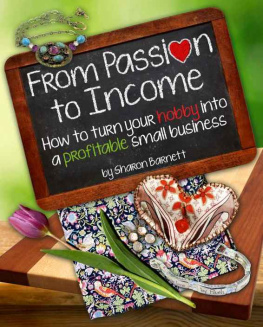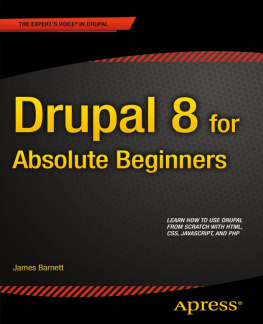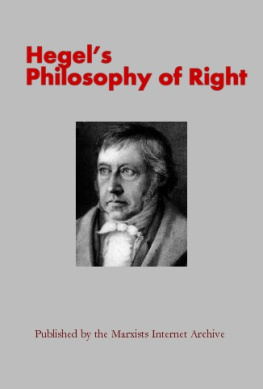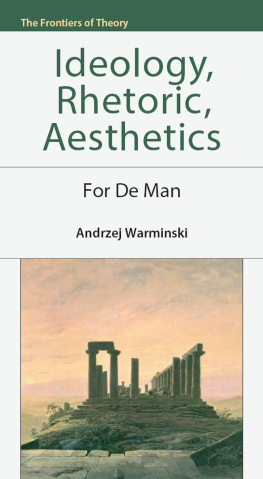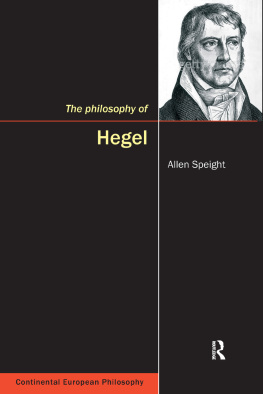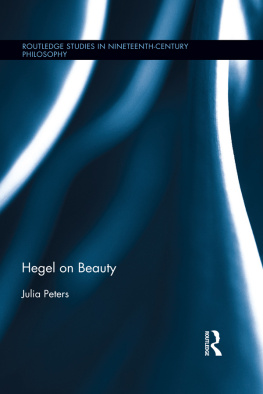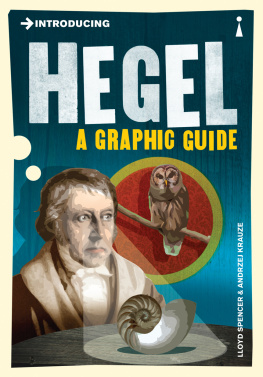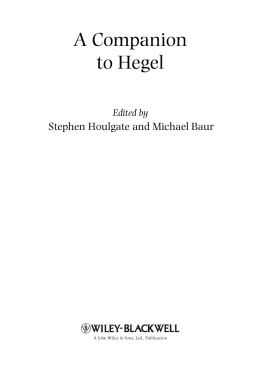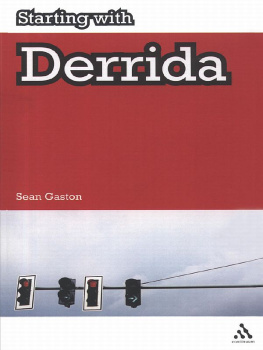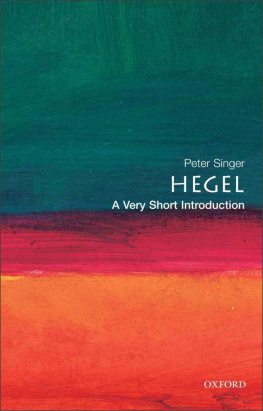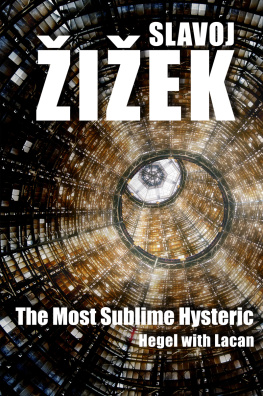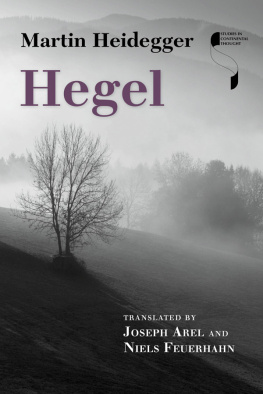This series presents the best and most original work being done within the European philosophical tradition. The books included in the series seek not merely to reflect what is taking place within European philosophy, rather they will contribute to the growth and development of that plural tradition. Work written in the English language as well as translations into English are to be included, engaging the tradition at all levels whether by introductions that show the contemporary philosophical force of certain works, or in collections that explore an important thinker or topic, as well as in significant contributions that call for their own critical evaluation.
Contributors
Stuart Barnett is Associate Professor of English at Central Connecticut State University and is the author of several articles on literature and critical theory. He is currently editing and translating a volume by Friedrich Schlegel.
Robert Bernasconi is Moss Professor of Philosophy at Memphis State University. He is the author of The Question of Language in Heideggers History of Being and The Provocation of Levinas: Rethinking the Other Levinas and Heidegger. He is also the editor, together with David Wood, of Derrida and Diffrance.
Simon Critchley is Professor of Philosophy at Essex University and is the author of The Ethics of Deconstruction in addition to numerous articles on philosophy.
Suzanne Gearhart, Professor of French at UC Irvine, is the author of The Open Boundary of History in Fiction: A Critical Approach to the French Enlightenment and The Interrupted Dialectic: Philosophy, Psychoanalysis, and Their Tragic Other in addition to numerous articles on literature and critical theory.
Werner Hamacher is Professor of German and the Humanities Center, Johns Hopkins University. He is the author of Premises and Pleroma in addition to numerous articles on philosophy and literary theory.
Jean-Luc Nancy, Professor of Philosophy at the Universit de Strasbourg, is the author of numerous books and articles on philosophy. Titles that have appeared in English translation include The Literary Absolute, The Birth to Presence, The Inoperative Community, and The Experience of Freedom.
Heinz Kimmerle, Professor of Philosophy at the University of Rotterdam, has written numerous books and articles on topics ranging from hermeneutics to African philosophy. He has also written Derrida zur Einfhrung.
John H. Smith is Professor of German at the University of California at Irvine. He is the author of The Spirit and Its Letter: Traces of Rhetoric in Hegels Philosophy ofBildung, as well as numerous articles on literature and philosophy.
Henry Sussman is Professor of Comparative Literature at SUNY Buffalo. In addition to numerous articles on literature and critical theory, he is the author of The Hegelian Aftermath, High Resolution: Critical Theory and the Problem of Literacy, Psyche and Text: The Sublime and the Grandiose in Literature, Psychopathology, and Culture, and After images of Modernity: Structure and Indifference in Twentieth-Century Literature.
Kevin Thompson is a Research Fellow at Florida Atlantic University. He has just completed a dissertation on contemporary continental philosophy.
Andrzej Warminski is Professor of Comparative Literature at the University of California at Irvine and is the author of Readings in Interpretation: Hegel, Heidegger, Hlderlin in addition to numerous articles on literature and philosophy.
Acknowledgments
Rodolphe Gasch and Henry Sussman graciously provided insight and encouragement during the conceptualization of this project. Central Connecticut State University generously supported my work with grants and release time. Many people assisted this undertaking in ways they may not even be aware of: Benjamin Bennett, David Blitz, Peter Burgard, Lynn Festa, Eva Geulen, Werner Hamacher, Geoffrey Hartman, Jonathan Hess, Carol Jacobs, Loftus Jestin, Joan Packer, Marie-Claire Rohinsky, Sylvia Schmitz-Burgard, and Liliane Weissberg. I thank them all. I would also like to thank Andrew Benjamin, who is truly an editors editor, Tony Bruce, Sarah Brown, and Dennis Hodgson at Routledge, who guided this volume through the



